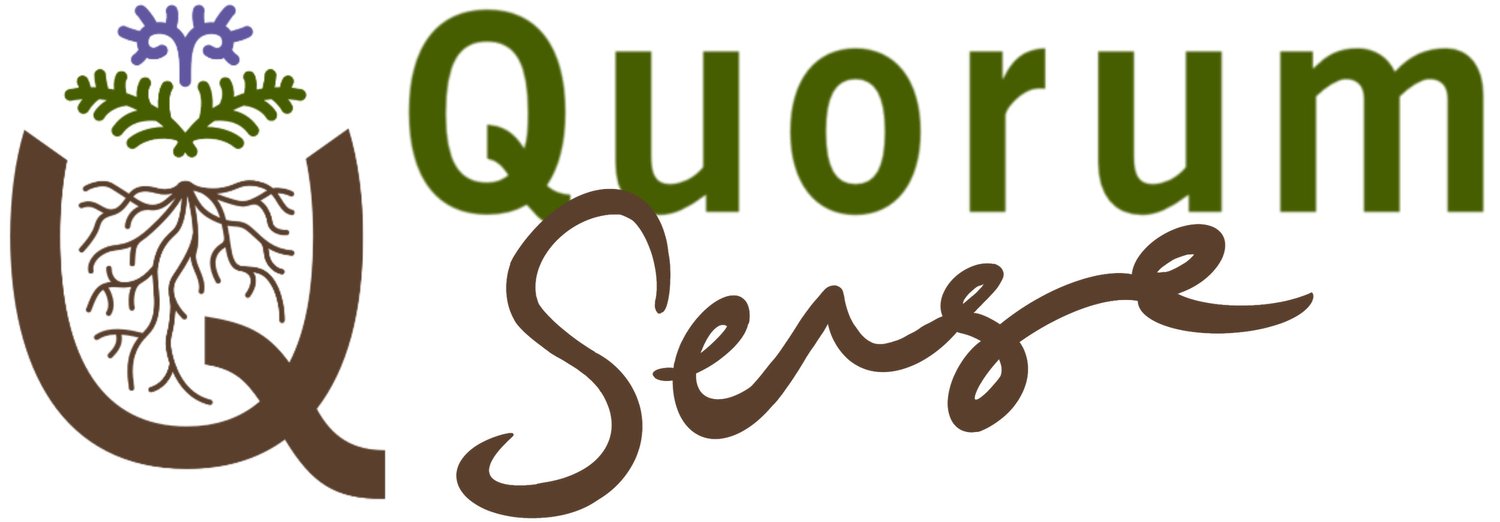Quorum Sense responds to proposed GE Technology changes
The New Zealand Government has announced plans to change regulations around the use of gene technology (also known as genetic engineering or genetic modification) in New Zealand. This includes the potential release of GMOs (genetically modified organisms) into our environment.
Quorum Sense has serious concerns about the proposed changes and opposes the release of GMOs onto our farms and into New Zealand’s unique ecosystem.
Removing Aotearoa New Zealand’s GE-free status will not benefit NZ farmers and growers.
New Zealand’s non-GMO / GE-free status helps all primary sector producers and exporters because it provides assurance to consumers globally, as well as in New Zealand.
It is stated that New Zealand is “falling behind” by not updating its GE Technology regulations. Our primary sector is already world leading which would suggest the current regime isn’t holding us back at all. It is changes to GE regulations that introduces new risk.
Countries have had access to gene technology for the past 20 years and there is no compelling evidence, in agriculture, that it is the silver bullet it claims to be. The so-called benefits of GE agriculture, despite considerable investment, remain unproven.
The science of natural and ecological systems offers pathways to improve productivity and underpin a high-quality primary sector. The number of New Zealand farmers and growers taking this approach to tackling our unique challenges is growing exponentially. They are improving soil biology, animal wellbeing, biodiversity, productivity, profitability; they are reducing pests and disease by using less inputs, less chemicals. They are becoming more resilient in times of drought and floods.
A short film by Deane Parker, featuring New Zealand farmers engaging in regenerative agriculture, that was recently played at Parliament.
To date, there has not been sufficient evidence that the adoption of GE technology and crops overseas have improved the livelihoods of farmers, their businesses and their communities. The implications for New Zealand farmers, in regards to the commercialisation of GE technology (including patents), threats to non-GE crops, and associated cost burdens, are unclear.
Consumer trends support natural products which is why regenerative production and organics are such a fast-growing food sector. There isn’t evidence for market demand for GMO food.
We encourage the Government to undertake widespread and broad consultation across all producers about proposed changes. Regenerative producers must be part of this consultation, and be included in advisory groups for officials and government.
Do you have questions about how the changes or new GE tech might affect you as a farmer or grower? Share them with us via this short form.
If you have concerns about these changes, you can also write to your local MP: Express your concerns about the impact of GE crops and what it could mean for the future of your business.

